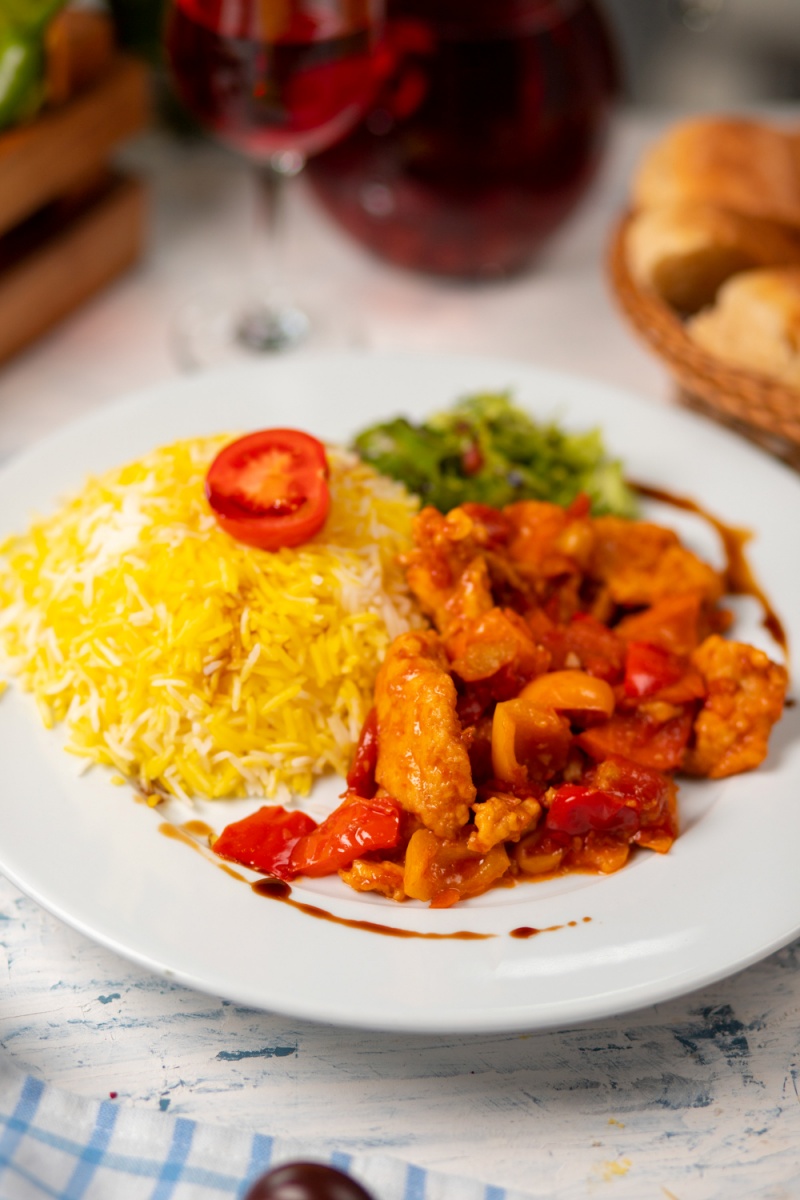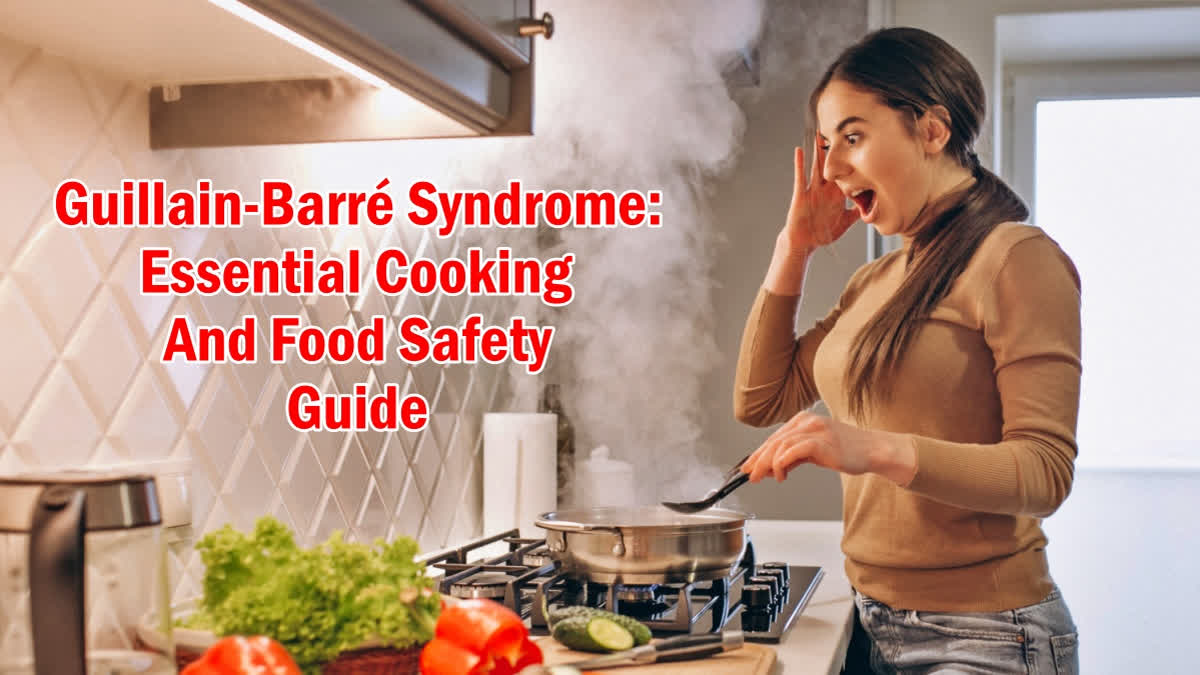Guillain-Barré Syndrome (GBS) cases are rising in Maharashtra and Andhra Pradesh, and Karnataka is on high alert too. Experts warn that proper food handling and cooking protocols are crucial to reducing the risk of bacterial infections linked to this disorder.
While the exact cause of GBS remains unknown, Dr. C.C. Nair, Internal Medicine Expert at Lilavati Hospital in Mumbai, says that the condition is often triggered by infections, especially those caused by Campylobacter jejuni (a dangerous bacterium commonly found in undercooked poultry). Contaminated vegetables, dairy and kitchen surfaces can also be silent carriers of harmful bacteria.
To safeguard yourself and your family, follow these food safety protocols:

1. Cook Chicken to the Right Temperature
If you’re in the habit of eating slightly pink chicken, stop immediately. Campylobacter jejuni thrives in undercooked poultry and is one of the leading bacterial causes linked to GBS.
Safe Cooking Tips:
- Always cook chicken to an internal temperature of 75°C (165°F) to kill bacteria.
- Use a food thermometer instead of relying on colour or texture.
- Avoid washing raw chicken; this can spread bacteria to other kitchen surfaces.
2. Wash Vegetables Thoroughly
Improperly washed vegetables can harbour bacteria, pesticides, and toxins, making them a potential risk factor for infection. Dr. Nair advises washing all produce under running water to eliminate contaminants.
Safe Cleaning Tips:
- Leafy greens, sprouts, and raw salads should be soaked in a mixture of water and vinegar or baking soda for extra protection.
- Avoid pre-cut salad mixes unless you can wash them again before eating.
- Scrub firm vegetables (like potatoes, beetroots and carrots) with a brush to remove dirt and bacteria.
3. Use Only Pasteurized Milk And Dairy Items
Raw or unpasteurized dairy products, including milk, soft cheeses, and yoghurt, can carry harmful bacteria like Campylobacter, Listeria, and Salmonella, increasing the risk of foodborne infections.
Safe Dairy Tips:
- Always choose pasteurized milk and dairy products to ensure they are free from harmful bacteria.
- If you consume raw curd, paneer, buttermilk, make sure it comes from a trusted, hygienic source.
4. Sanitize Cutting Boards and Knives
A dirty cutting board is one of the fastest ways bacteria spread in your kitchen. If you cut raw chicken and then use the same knife for vegetables, you’re unknowingly transferring bacteria.
Safe Kitchen Tips:
- Use separate cutting boards for raw meat and vegetables.
- Wash knives, utensils, and surfaces with hot, soapy water after handling raw meat.
- Disinfect surfaces with a food-safe sanitizer or a mix of water and vinegar.
5. Don’t Let Bacteria Multiply in Your Fridge
Improper storage can allow bacteria to grow rapidly, especially in raw meat, dairy, and leftovers.
Safe Storage Tips:
- Keep raw chicken and meat in sealed containers at the bottom shelf of the fridge to prevent drips onto other foods.
- Store leftovers within two hours of cooking and eat them within 3-4 days.
- Avoid leaving perishable foods at room temperature for more than 2 hours.
Quick Checklist for a Safer Kitchen:
- Always cook chicken to 75°C (165°F)
- Wash vegetables thoroughly under running water
- Use vinegar or baking soda to clean leafy greens and sprouts
- Stick to pasteurized dairy products
- Keep knives and cutting boards sanitized
- Store raw meat separately and properly
Guillain-Barré Syndrome can turn a simple bacterial infection into a life-threatening condition. But by following safe cooking habits, you can protect yourself and your loved ones from food-borne bacteria that may trigger GBS.
Read more:



